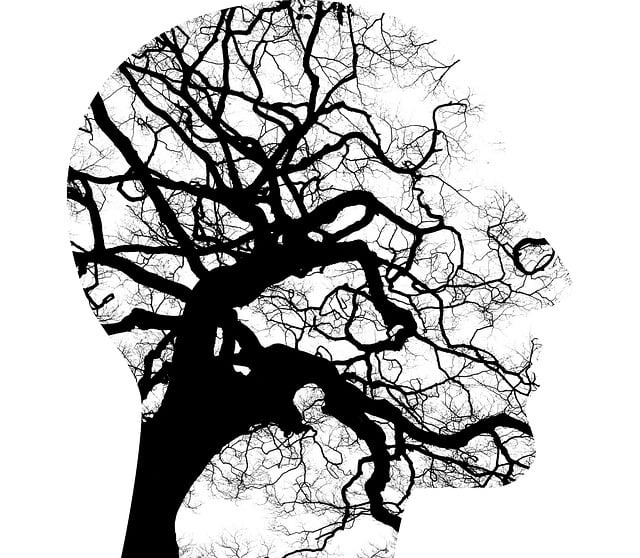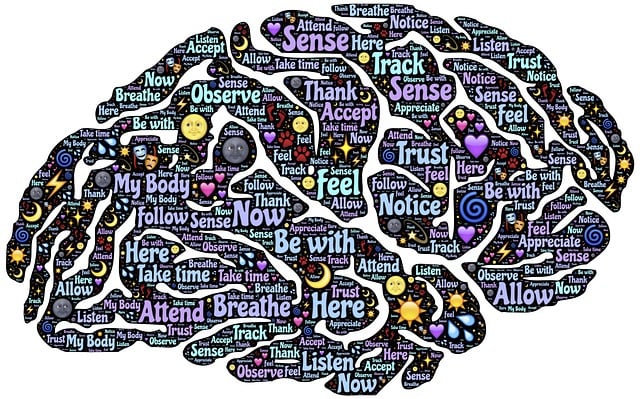Crisis Intervention Teams (CITs) are vital in elderly care, offering specialized support for acute emotional crises, including depression and psychotic episodes. Comprising mental health professionals, social workers, and spiritual leaders, CITs resolve immediate issues and foster self-esteem and emotional well-being through tailored therapy. Addressing spiritual-religious concerns is a crucial but often overlooked aspect of CIT training, as faith significantly impacts elderly mental health. Incorporating mindfulness techniques and burnout prevention strategies in training enhances caregiver resilience and supports the emotional well-being of both caregivers and elders. Effective crisis intervention for elders requires a nuanced approach addressing age-related changes and spiritual-religious issues, with evaluation through feedback and tracking improvements in emotional regulation and quality of life.
Crisis intervention teams (CITs) play a pivotal role in addressing acute psychological crises among elderly individuals, often as an alternative or adjunct to hospitalisation. This article delves into the importance of these specialized teams, highlighting the unique contributions of spiritual and religious support in crisis situations. We explore various training programs designed to equip caregivers with effective tools for managing such interventions. Additionally, we provide practical guidance on implementing and evaluating crisis intervention strategies tailored to address the therapy for elderly individuals grappling with spiritual-religious issues.
- Understanding Crisis Intervention Teams: A Vital Resource for Elderly Care
- The Role of Spiritual and Religious Support in Crisis Situations
- Training Programs: Equipping Caregivers with Effective Tools
- Implementing and Evaluating Effective Crisis Intervention Strategies for Elders
Understanding Crisis Intervention Teams: A Vital Resource for Elderly Care

Crisis Intervention Teams (CITs) play a pivotal role in elderly care, serving as a vital resource when addressing acute emotional or psychological crises. These teams, composed of mental health professionals, social workers, and sometimes spiritual or religious leaders, are trained to swiftly assess and de-escalate situations that can range from depression and anxiety to more severe psychotic episodes. By integrating therapy for elders tailored to their unique needs, CITs go beyond immediate crisis resolution to foster self-esteem improvement and emotional well-being promotion techniques, thereby enhancing the quality of life for our aging population.
The inclusion of spiritual-religious issues in CIT training is particularly significant given the profound impact faith can have on an elderly individual’s mental health. Recognizing the interconnection between religious beliefs and emotional states, these teams are equipped to provide holistic support that respects personal values and traditions. Moreover, addressing risk assessment for mental health professionals within these programs ensures that team members are adept at identifying potential risks and implementing appropriate interventions, thereby safeguarding both clients and care providers.
The Role of Spiritual and Religious Support in Crisis Situations

In crisis intervention settings, addressing spiritual and religious support is a crucial component often overlooked but significantly impactful. Many individuals, especially elders, find solace and strength in their faith during stressful situations. Crisis intervention team (CIT) training programs must therefore incorporate aspects of mental health awareness and cultural competency to help healthcare providers recognize and respect these spiritual-religious issues. By understanding the role of spirituality in an individual’s life, CIT members can offer more holistic support tailored to each person’s unique needs.
The integration of spiritual care into crisis intervention strategies benefits not only elders but also fosters a sense of dignity and empowerment. Well-designed mental health education programs should teach CIT members how to navigate diverse religious beliefs and incorporate spiritual interventions as part of their therapeutic toolkit. This cultural competency training is vital in creating inclusive environments where everyone receives respectful, compassionate care during crises.
Training Programs: Equipping Caregivers with Effective Tools

Crisis intervention team training programs are designed to equip caregivers with essential tools to address emotional and mental health crises effectively. These programs often encompass a range of topics, from understanding the complexities of aging and related spiritual-religious issues to practicing advanced communication skills. By fostering emotional intelligence, these trainings help caregivers recognize signs of distress early on, promoting timely interventions that can prevent escalating situations.
Moreover, they emphasize burnout prevention strategies, incorporating mindfulness techniques and mind over matter principles to enhance resilience. Caregivers learn effective coping mechanisms not only for themselves but also for the elders in their care, fostering a supportive environment that nurtures emotional well-being. Such comprehensive training is vital in ensuring that caregivers can navigate challenging situations with confidence and compassion.
Implementing and Evaluating Effective Crisis Intervention Strategies for Elders

Implementing effective crisis intervention strategies for elders requires a nuanced approach that addresses both their unique needs and the specific challenges they face. Training programs should equip caregiving professionals with the skills to assess and support older adults, keeping in mind the potential impact of age-related changes and spiritual-religious issues. Incorporating evidence-based techniques such as mindfulness meditation and self-awareness exercises can significantly enhance coping skills development in this demographic.
Evaluation is a critical component of crisis intervention training. Programs should measure the effectiveness of interventions through regular feedback from both participants and caregivers, tracking improvements in emotional regulation, decision-making abilities, and overall quality of life. By integrating these strategies, crisis intervention team training can better support elders, fostering resilience and improving outcomes during challenging times.
Crisis intervention team (CIT) training programs are essential in equipping caregivers with the tools needed to effectively address crisis situations among elders. By integrating spiritual and religious support, these programs enhance the overall well-being of elderly individuals, offering a holistic approach to therapy for elders. Implementing and evaluating CIT strategies that consider spiritual-religious issues can significantly improve care quality and foster better outcomes for this vulnerable population.








